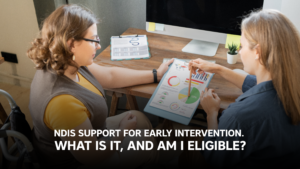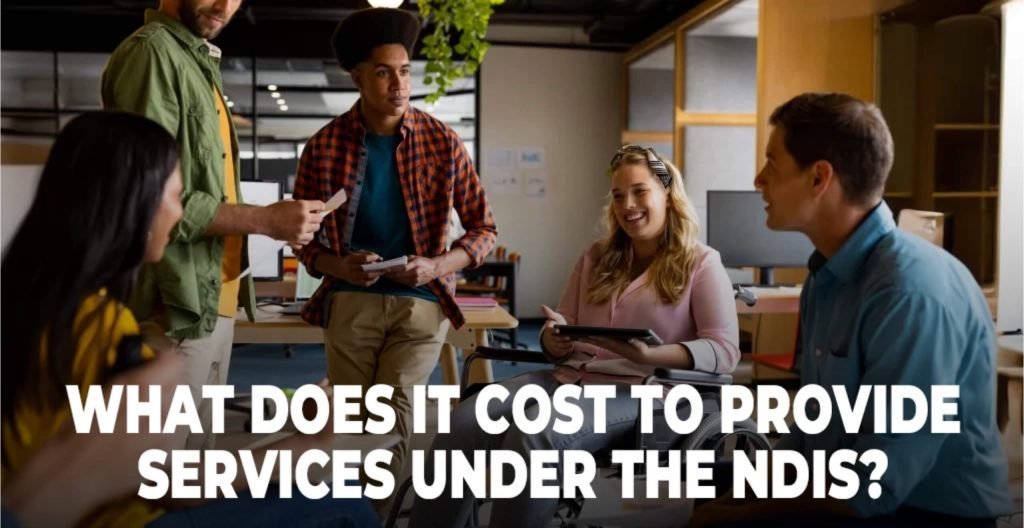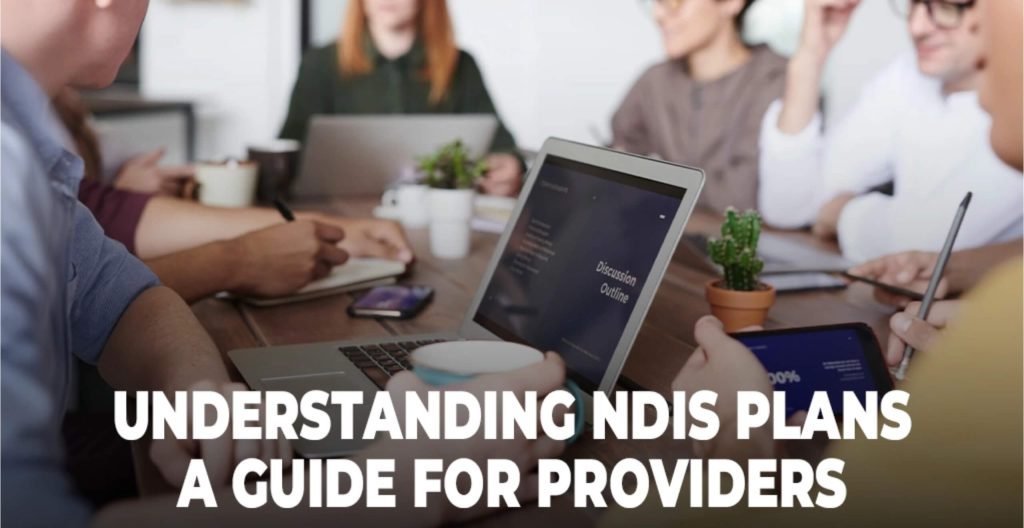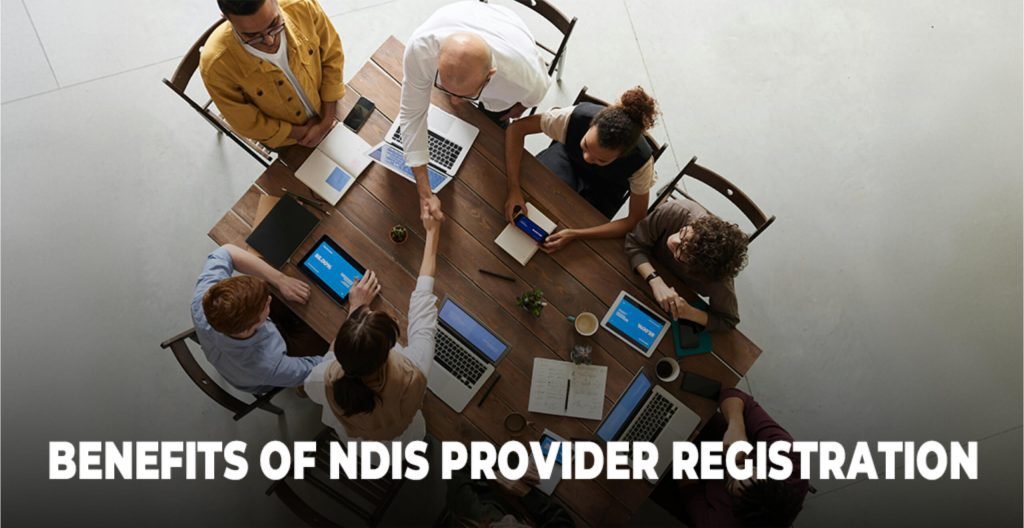Helping participants navigate their plans effectively is an essential part of providing service and ensuring quality in your provider business. NDIS plan management is fundamentally the same in terms of the services they deliver, but the way they interact with the funding and administrative aspects differs depending on whether the participant is self-managing or using a plan manager.
What is Plan Management?
NDIS Plan Management is one of the options participants have for managing the funds in their NDIS plan. Plan management gives them choice and control over how they use their NDIS budget, but with the support of a “plan manager” who helps manage the funds. Here’s how it differs for providers.
Self-Management Plan:
Self-management allows NDIS participants to take full control of their plan and funding. This means they have the freedom to select their service providers, whether registered or unregistered. They also manage their budget, pay providers directly, and keep track of invoices and claims. While this offers greater flexibility, it also requires time, effort, and a good understanding of the NDIS rules and regulations.
Key Responsibilities of NDIS Providers in Self-Managed Plans:
- Delivering Services: Providers continue to offer the agreed-upon supports and services (e.g., personal care, therapy, transport, assistive technology) according to the participant’s plan.
- Issuing Invoices: Providers must issue invoices to the participant (or their selected representative) for the services provided. These invoices must clearly meet NDIS requirements, including correct billing codes and dates of service.
- Providing Documentation: Providers are responsible for ensuring that invoices and receipts include all necessary details for NDIS claims (e.g., service dates, descriptions, costs, and provider numbers).
- Compliance: While the participant handles the financial administration, providers must ensure that the services they provide align with NDIS guidelines and billing requirements. Providers need to follow the terms of the NDIS service agreement with the participant, ensuring quality from NDIS registration requirements to adhering to the NDIS Quality and Safeguards Commission.
Plan Management:
In a plan-managed approach, NDIS provider registration still deliver services, but they send invoices to the NDIS plan manager for payment. The plan manager then ensures the invoices are in compliance with NDIS requirements, handles the payments, and tracks the budget. As a provider, you don’t need to interact with the participant for financial matters, which reduces the potential for errors or missed payments.
Key Responsibilities of NDIS Providers in Plan-Managed Plans:
- Delivering Services: Providers continue to deliver the same services as in self-managed plans, whether it’s support coordination, therapy, personal care, or other services as outlined in the participant’s NDIS plan.
- Issuing Invoices: Providers send their invoices to the plan manager instead of the participant. The invoices must still meet NDIS requirements and contain necessary details (dates, service descriptions, costs, etc.).
- Compliance: The provider must ensure that their services align with the terms of the service agreement, and they must ensure invoices are compliant with NDIS guidelines. However, in this case, they rely on the plan manager to ensure everything is processed correctly.
Advantages of Plan Management for Providers:
- Providers don’t need to interact directly with the participant for payments and invoicing, which can simplify their workload.
- Since plan managers are familiar with the NDIS system, they can help ensure that payments are processed efficiently, reducing the risk of errors or delays.
Whether you opt for self-management or plan management, both options provide the flexibility to select the support that best suits your needs. Understanding the role of NDIS providers, the NDIS provider registration process, and how to manage your funding is key to making the right decision. If you’re considering becoming an NDIS provider, it’s important to familiarise yourself with the NDIS registration checklist, the associated NDIS registration cost, and the process for passing an NDIS audit. An NDIS consultant can be a valuable resource in guiding you through these complexities and helping you navigate the world of NDIS funding, support, and NDIS plan management.
Ultimately, the goal is to ensure that NDIS participants receive the support they need, while NDIS providers deliver high-quality services that align with the NDIS Commission’s standards. Whether you are a participant or a provider, understanding the details of the NDIS system can help you achieve the best outcomes.
| Key Differences | Support Worker | Support Coordinator |
|---|---|---|
| Role Focus | Direct care and daily support | Managing and coordinating services |
| Interaction with Participants | Regular, often daily interactions | Less frequent, but critical for planning and connections |
| Skill Set | Practical skills for direct care and support | Strong organisational, communication, and problem-solving skills |
| Goal Orientation | Improving daily living experiences | Empowering participants to understand and effectively use their NDIS plan |
While both support workers and support coordinators are integral to the success of an NDIS plan, they occupy different roles. Recognising these differences enables participants and their families to make informed decisions regarding the support they may require.
Whether it’s the direct care offered by a support worker or the strategic guidance provided by a support coordinator, both play essential roles in ensuring participants remain well-supported and independent. If you’re looking to NDIS provider registration connect with HPA to find the best support worker or support coordinator for your needs!
Latest NDIS News in Australia

ndis business profitability strategies and factors
Becoming an NDIS provider Registration is a great investment and a business opportunity that offers a lot and while navigating NDIS business registration and NDIS

Allied Health Professionals in NDIS: What you need to know
The NDIS Scheme helps a large group of people with disabilities in Australia by providing support and services to enhance their lives. And to become

How to create a positive NDIS participant experience
How to create a positive NDIS participant Whether you’re Working as an NDIS provider or wanting to become an NDIS provider, Ensuring a great experience

Common Mistakes in NDIS Audit and How to Avoid Them
Becoming a National Disability Insurance Scheme become an NDIS provider provider can be a great business opportunity, but it also comes with a lot of

NDIS Plan Management Self Managed VS Plan Managed
Helping participants navigate their plans effectively is an essential part of providing service and ensuring quality in your provider business. NDIS plan management is fundamentally

How to Stay Informed: NDIS Resources and Updates You Need to Know
NDIS Resources Navigating the National Disability Insurance Scheme (NDIS) can often feel challenging and overwhelming. With updates on policy changes, new guidelines, and various support
Hear from Our Clients









